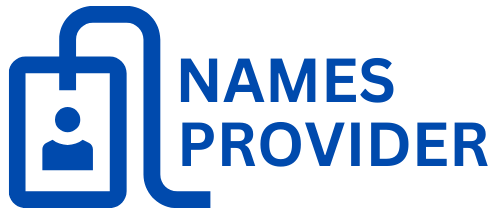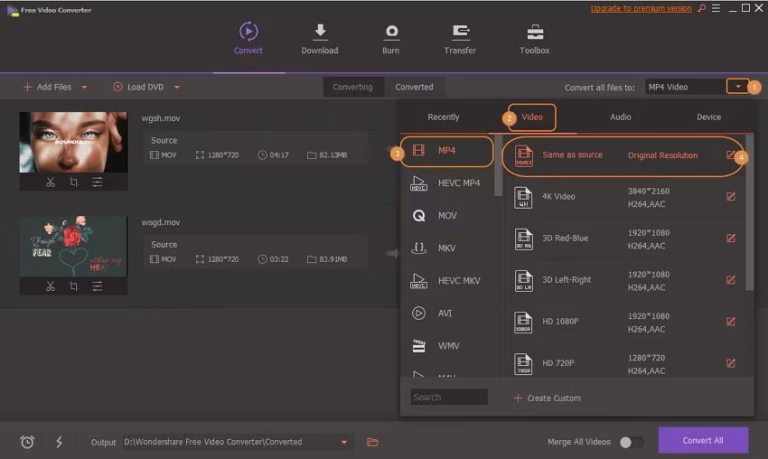Artificial intelligence has transformed the ways businesses approach the process of procurement completely, extending far beyond simple automation to analysis that renders valuable insight and predictive abilities that lead to efficiencies never heard of before. The current AI procurement software has made a significant improvement compared to the traditional way of approaching procurement because of machine learning algorithms that constantly increase performance and adapt to the new market conditions and business scenarios.
Companies worldwide are starting to discover that AI procurement software services are not merely a means of speeding up purchases, but also a way to look into the future and make smarter decisions as well as identify opportunities that the human analysts would overlook. Artificial intelligence adds a competitive benefit to the procurement cycle to cover not only cost optimization but also optimization of suppliers, risk management, and strategic planning.
1. Intelligent Spend Analysis and Pattern Recognition
AI procurement software can analyze large quantities of expenditure data to identify patterns, trends and anomalies that many analysts would have been unable to identify manually. To reveal the secrets related to spending trends and optimization opportunities, machine learning algorithms process the historical spending data, supplier performance indices and market conditions. The system identifies seasonal patterns, rule-breaking expenditure, and unusual transactions that could indicate possible cases of fraud or regulatory violation. Its pattern recognition capabilities enable the software to predict the expenditure requirements of the future by considering previous trends and economic cycles as well as external factors. The teams responsible for procurement can utilize this knowledge to make decisions based on data regarding strategic sourcing of activities, choices of vendors as well as budgetary selection.
2. Automated Vendor Evaluation and Risk Assessment
By employing real-time data from many sources, such as market intelligence and news feeds, to continually monitor supplier performance, financial stability, and risk factors, artificial intelligence transforms vendor management. In order to score suppliers on delivery performance, quality metrics, price competitiveness, and dependability aspects that affect company operations, AI algorithms compare vendors to customisable criteria. Potential hazards include operational interruptions that might impact supply chains, financial instability, and regulatory infractions are immediately flagged by the system. In order to forecast future performance and identify suppliers who are likely to surpass expectations or face challenges, machine learning algorithms examine supplier behavior patterns. Beyond evaluating a single supplier, risk assessment capabilities may also examine whole supply chains, geographical hazards, and market situations that may have an influence on procurement strategy.
3. Predictive Demand Forecasting and Planning
AI procurement software and auction platform technologies apply advanced forecasting to make outstandingly accurate forecasts on the future behaviour of demand. This enables companies to reduce carrying costs, optimise inventory levels, and avoid stockouts. Machine learning algorithms look back in recent historical consumption figures, seasonal tendencies, company growth curse, and external market drivers to offer the correct demand forecasts in most categories and timeframes. The system considers various factors that influence buying requirements, organisational changes, industry trends and economic indicators among others. Predictive expertise consists of anticipating supply chain interruptions before they occur, identifying optimal ordering quantities, timing purchases using circumstances in the market. AI-based prediction removes guesswork in the procurement strategy and permits even planning in supplier relationships and inventory planning.
4. Smart Contract Management and Compliance Monitoring
Organizations’ handling of supplier agreements is revolutionized by intelligent contract management tools, which track important dates, automatically check compliance, and spot chances for optimization over the course of contract lifecycles. Using AI procurement software, price plans, performance standards, and contract conditions are analyzed to ensure that no one avoids responsibilities and at the same time to identify the areas of improvement or renegotiation. The system keeps in mind key performance indicators, contract milestones and renewal dates taking care of communicating to the stakeholders of important dates and issues before they take place causing problems. Through machine learning capabilities, the program can identify phrases or clauses, which often cause disagreements or result in poor performance behavior through learning of contract performance information. Technology that uses natural language processing may standardize terminology, guarantee consistency between agreements, and extract important information from complicated contracts.
5. Dynamic Market Intelligence and Price Optimization
The AI procurement software actively monitors the supplier environments, the price trends and market conditions to provide the real-time information that informs the timing performance and strategic procurement. Machine learning algorithms analyze market data provided by a variety of sources including the communication of suppliers, industry publications, and commodity exchanges in order to identify the patterns and predict the price changes. The algorithm advises the optimum purchase period in line with budgetary constraints, operational requirements and market forecasts, and helps the company avert an unfavourable market scenario. Dynamic price intelligence can enable procurement teams to negotiate more favorable terms, evaluate competitor offers more competently, and make decisions on whether to enter into long contracts or purchase on the spot.
6. Streamlined Process Automation and Workflow Optimization
The advanced AI algorithms optimize the procurement processes based on the way users operate and reveal the bottlenecks automatically adjusting the routines to make the process more profitable and substantially efficient without eliminating all the needed controls and approvals. To propose improvements to workflow and eliminate useless steps, the capabilities of machine learning are used to analyze the processing time, the patterns of approval and interactions with the interface. Depending on availability trends, content screening, and matters of urgency, the system automatically directs requests to the appropriate authorities, including routing competitive bidding opportunities through the integrated auction platform, reducing the time in processing a request and accelerating the response time. When tasks are performed with smart automation, procurement specialists can focus on strategic tasks such as organizing purchase orders, invoices matching, and status updates. Natural language processing allows the program to classify the requests, understand them and automatically extract the vital information and make transactions follow the correct path.
7. Enhanced Fraud Detection and Security Protection
The AI-based fraud detection services can provide enhanced security against unlawful transactions, procurement fraud, and security breaches through monitoring and patternation of all procurement activities. Machine learning algorithms use baseline triggers on normative procurement activity to detect anomalous transactions, suspicious relationships with vendors or unusual approval rates that may indicate that something fraudulent is taking place. To be able to find a pattern of a potentially fraudulent situation before this situation leads to losses, the system investigates wide sets of data including the amount and timing of transactions, vendors, and the user behaviors. Advanced anomaly detection systems are more sensitive to small patterns, which are unnoticed by humans, and provide advance warnings to potential security vulnerabilities or policy violation scenarios.
Conclusion
A major change from reactive transaction processing to proactive strategic management that promotes company success in a variety of ways is represented by AI procurement software. These advanced systems often incorporate auction platform functionality to enhance competitive bidding processes. The above mentioned capabilities show how artificial intelligence turns procurement from an essential operational task into a competitive advantage that fosters organizational expansion.




